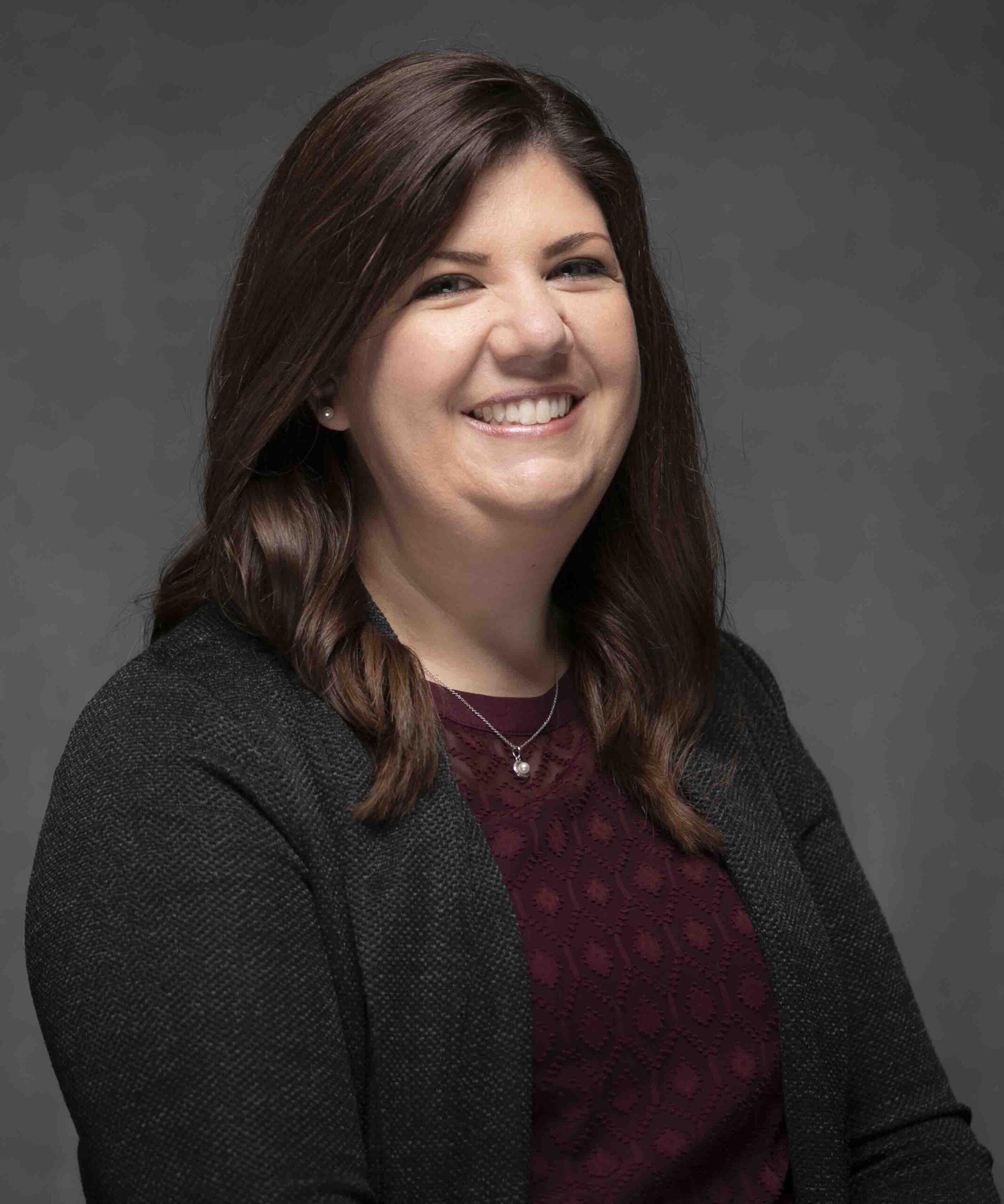Can you share your background as a first-generation college student? What motivated you to pursue higher education?
My dad always wanted his kids to go to college as it wasn’t something available to him. He was from a farming family, drafted into the Vietnam War, and a blue-collar worker for many years after. While he was a natural athlete, his kids were more into academics and arts. Dad didn’t care what we studied as long as we went to college. Mom was great at finding scholarship opportunities for me to apply for and had me enroll in dual credit courses to save money and avoid some student debt.

How did your college experience impact your career choices and opportunities?
I never intended to make a career for myself at Missouri State. When I graduated with my undergraduate degree in 2008, we were in the middle of a recession. Rather than take a chance by moving to a big city with higher cost of living, I applied for a job on campus and opted for job security.
Were there any specific challenges you faced as a first-gen student in terms of career development, and how did you overcome them?
Simply listing an undergraduate degree in children’s theatre wasn’t giving me the competitive edge on job applications. I had to make sure I articulated in my resume the skills learned from my degree program and how they applied to the jobs I was applying for. Knowing my abilities and how to articulate them was a big part of getting my foot in the door.
Can you describe your first job after college, and how did you secure that position?
As a sophomore at Missouri State, I started working at Copy This in Plaster Student Union. I graduated during the 2008 recession but was fortunate enough to start full-time on campus at the postal contract station inside of Copy This.
What skills or experiences from college have been most valuable in your career?
Being a full-time college student with a job and extracurricular activities helped reinforce the need to be organized and communicative. I think that being able to balance all these things prepared me for the type of work I do now.
Did you face any imposter syndrome or self-doubt in your career journey, and how did you manage it?
I had major imposter syndrome when I started my master’s program in Project Management. Most students in the courses were from construction or IT backgrounds while I had an undergraduate degree in children’s theatre. I had to remind myself that I was able to make the connection of my undergraduate degree to my master’s degree and was admitted into the program based on my proposal. Staying true to myself and my vision was what helped me persevere.
Can you share a specific career accomplishment or milestone that you’re particularly proud of, and the steps that led you there?
I’m proud of the path I made and my work experience at Missouri State – student worker, postal clerk, administrative assistant in Parking Administration, Executive Assistant in the College of Business, leaving campus for several years for an outside job, returning as Executive Assistant to the President, and now as Secretary to the Board of Governors. While this wasn’t the original plan nor anything like what I imagined I would be doing – it has allowed me to find a place where I can utilize my skills and provide for my family.
What advice would you give to current first-generation college students who are navigating their career paths?
Keep an open mind about where you might end up.
In retrospect, is there anything you wish you had known or done differently during your college years to better prepare for your career?
While not necessarily to prepare for my career, I wish I had looked more at study abroad opportunities and graduate assistantships. This would have provided me with additional experiences that could have potentially gotten me to where I am today a bit sooner.
How do you balance personal and professional life, and what strategies have you found effective in maintaining that balance?
I must stay organized and keep a running list of priorities for both my personal and professional life. Write stuff down, keep lists, and make sure calendars are up to date. Make sure you allow yourself time to completely step away from work and have fun!
Favorite quote:
“We need to remember what’s important in life: friends, waffles, work. Or waffles, friends, work. Doesn’t matter, but work is third.” —Leslie Knope, Parks and Recreation
Advice/Encouraging words:
Work hard, stay true to yourself, and make time for what is most important to you.
Rowena Stone
Secretary to the Board of Governors
Education:
B.S. Theatre 2008, Missouri State University
M.S. Project Management 2015, Missouri State University
